Introduction of pre-coated film slitting machine
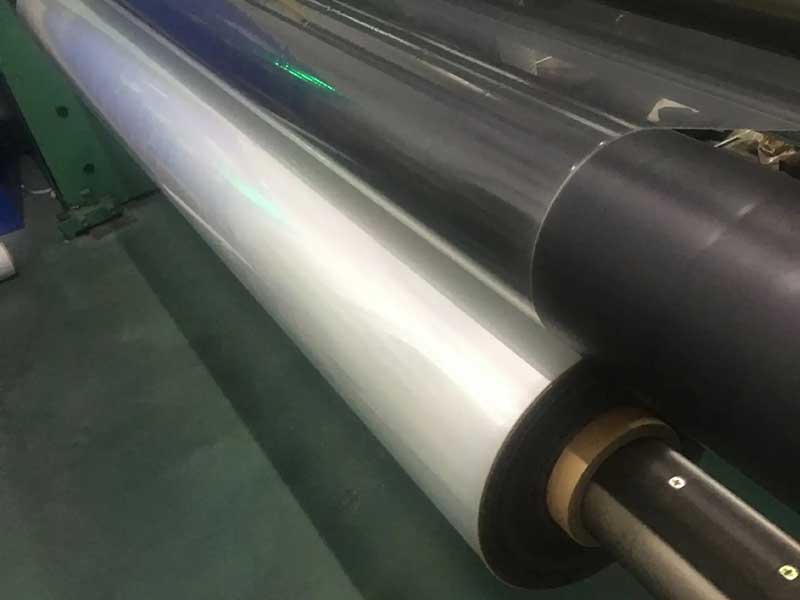
Pre-coated film is a polymer composite film material, which is formed by bonding a film substrate with an adhesive such as hot melt adhesive or resin. Under certain temperature and pressure conditions, it can be compounded with paper prints to become paper-plastic products. The laminating process has experienced the early heavily polluted solvent coating technology and the lightly polluted water-based coating technology, and has been gradually replaced by the environmentally friendly and energy-saving pre-coating coating technology. The pre-coated film slitting machine is a specially designed low-tension and high-precision slitting machine, which is widely used in the slitting of various width composite films.
Common types of pre-coat films
Common types include matte/glossy pre-coat films, anti-counterfeiting laser pre-coat films, metal pre-coat films, embossed pre-coat films, aluminized pre-coat films, tactile pre-coat films, digital pre-coat films, etc. According to the different types of film substrates, it can be divided into BOPP pre-coated film, BOPET pre-coated film, BOPA pre-coated film, etc., among which BOPP polypropylene film is the most widely used, which can be used as a coating for various books, food, drugs and daily necessities packaging materials. BOPET polyester film has good brightness and hardness, especially the thicker material has gradually become the mainstream of the commercial printing market, such as the production of various advertising materials and cards. BOPA nylon film has good odor barrier performance, good heat and moisture absorption performance, high strength, good toughness and puncture resistance, and is an important choice for new high-grade laminated products.
Structure of pre-coated film slitting machine
The unwinding mechanism is generally composed of a pair of unwinding arms driven by cylinders that can move laterally, and a conical unwinding chuck is used to fix the pre-coated film mother roll core.Constant tension control at the unwinding end is achieved by means of a brake, which is not affected by changes in speed and unwinding diameter. The guiding sensor tracks the edge of the material, and the driver swings horizontally within a certain range to correct the film, avoiding the winding quality problems caused by material deviation or material splicing errors. The traction mechanism can change the direction of the composite film, realize the transition between rewinding and unwinding through the guide roller, and also configure the flattening roller as needed to ensure that the material enters the next slitting process without wrinkles. The slitting mechanism needs to choose the appropriate razor or round knife scheme according to the thickness and characteristics of the film, so as to maintain a balanced tension during the slitting process, and the material is smooth and drift-free. The slitting speed is moderate, and the efficiency is improved as much as possible on the basis of ensuring the slitting quality. The winding adopts the form of active winding, which is generally composed of two sets of winding shafts, pressure rollers and servo motors. The winding tension is calculated by PLC for taper control, and the contact pressure can be automatically adjusted according to the change of the roll diameter of the pre-coated film by the pressure roller. Finally, the finished film roll is transferred to the trolley through the unloading rack, and attention is paid to the soft pad to avoid damage to the surface of the pre-coated film.
The development of composite film slitting machine
With the growing demand for digital printing and exquisite packaging, the production scale of pre-coated film has expanded rapidly, which has put forward higher requirements for the specialization and automation of slitting equipment. In the early days, the domestic biaxially oriented film production line basically relied on imports, and at the same time, it was equipped with a large gantry slitting machine for one-time slitting to produce large-scale film substrate products. However, the domestic composite film slitting machine has low efficiency and poor accuracy, and most of them can only be used by small private packaging enterprises for small-scale low-end slitting applications. Due to the relatively small investment in film post-processing equipment compared to the production line, the replacement cycle of slitting processing equipment is shorter, and the huge high-end market demand drives domestic slitting machine manufacturers to strive to improve the level of equipment through continuous technological upgrading, such as Delishi Machinery has been able to produce high-speed, high-precision, large-width independent station pre-coated film slitting machine.
In addition, the domestic composite film slitting machine not only has lower investment costs and maintenance costs.
In terms of after-sales service, spare parts supply and technical exchanges, it has obvious advantages over foreign manufacturers, so it is more and more favored by domestic new terminal pre-coating film enterprises.
Recent Post
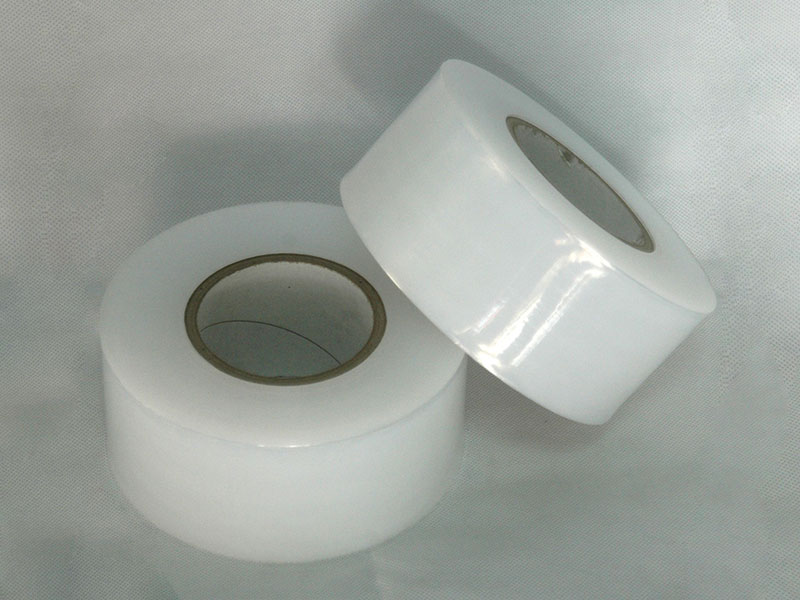 Damage-free slitting! How does a film slitting machine ensure that the edge of the material is smooth and burr-free?
Damage-free slitting! How does a film slitting machine ensure that the edge of the material is smooth and burr-free?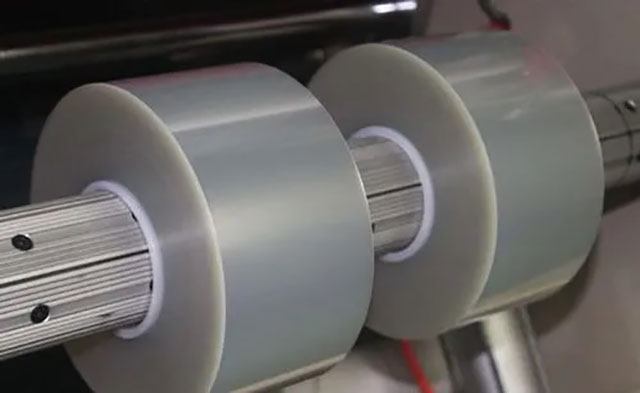 The core technology of film slitting machine: how to achieve micron-level precision slitting?
The core technology of film slitting machine: how to achieve micron-level precision slitting?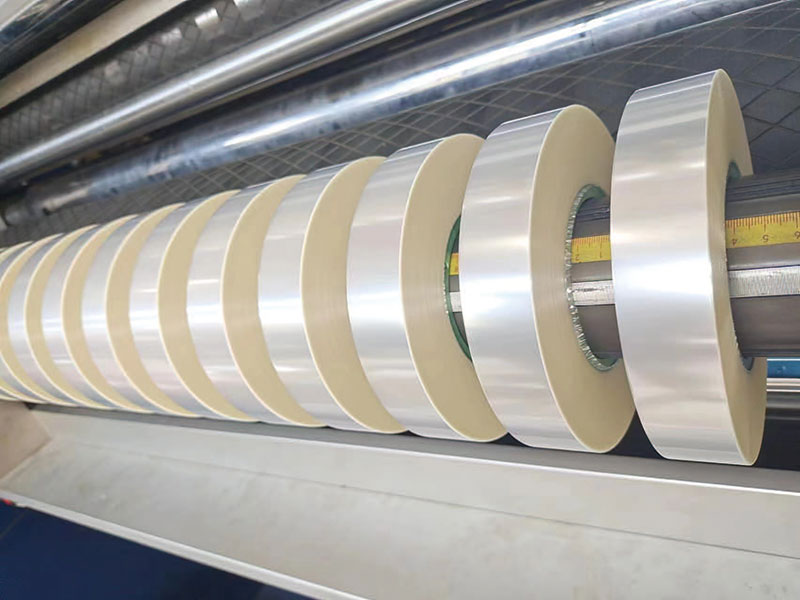 Responding to market demand: Film slitting machine offers personalized customized solutions
Responding to market demand: Film slitting machine offers personalized customized solutions The new film slitting machine escorts the product quality
The new film slitting machine escorts the product quality
Related Product
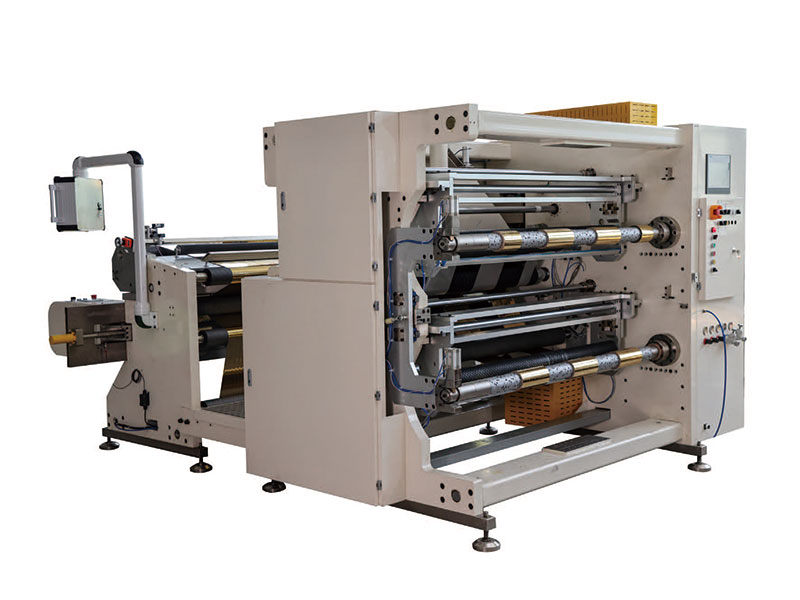 1400mm Hot Stamping Foil Slitting Machine
1400mm Hot Stamping Foil Slitting Machine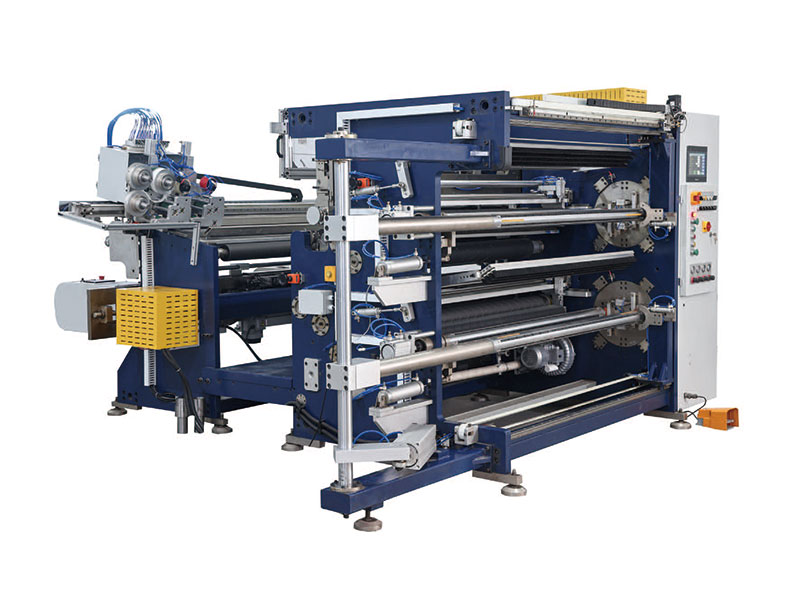 1350mm Hot Stamping Foil Slitting Machine
1350mm Hot Stamping Foil Slitting Machine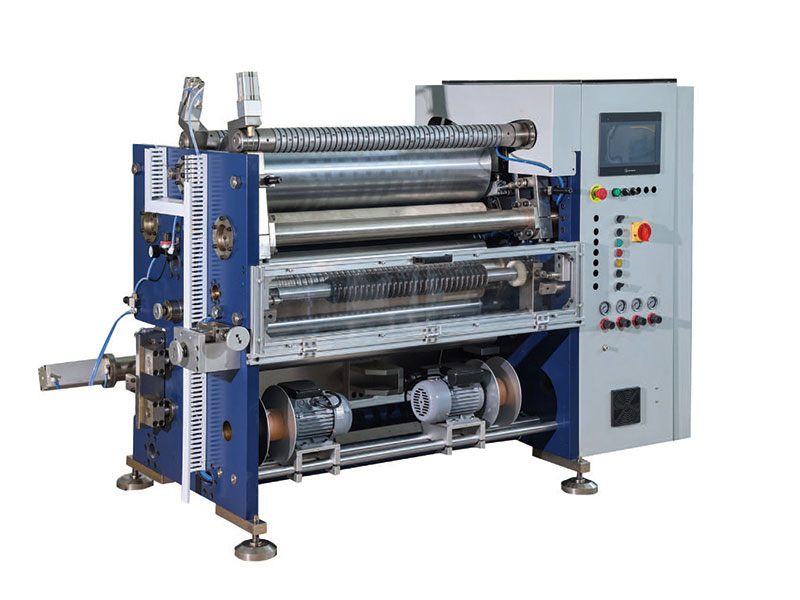 800mm Hot Stamping Foil Slitting Machine
800mm Hot Stamping Foil Slitting Machine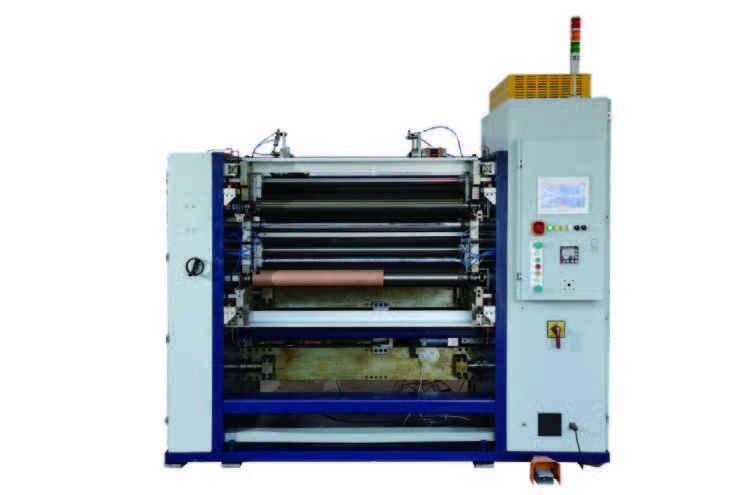 New Energy Ultra-thin Film Slitting Machine For Capacitive Film
New Energy Ultra-thin Film Slitting Machine For Capacitive Film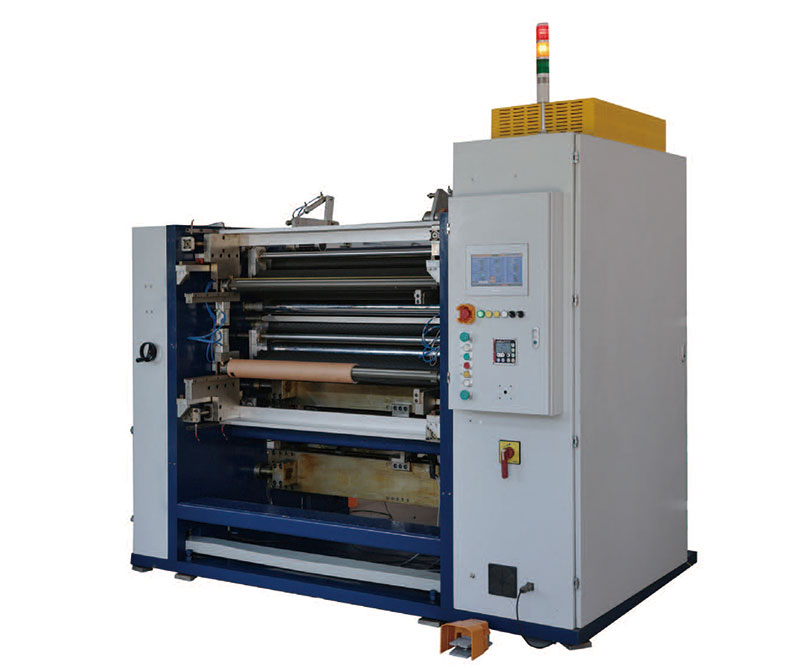 New Energy Ultra-thin Film Slitting Machine For MOPP
New Energy Ultra-thin Film Slitting Machine For MOPP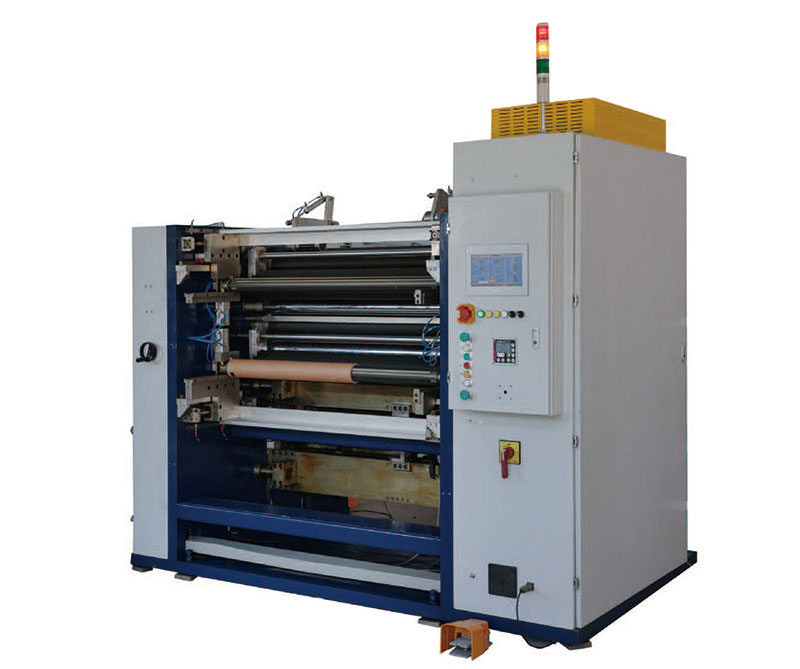 New Energy Ultra-thin Film Slitting Machine For MPET
New Energy Ultra-thin Film Slitting Machine For MPET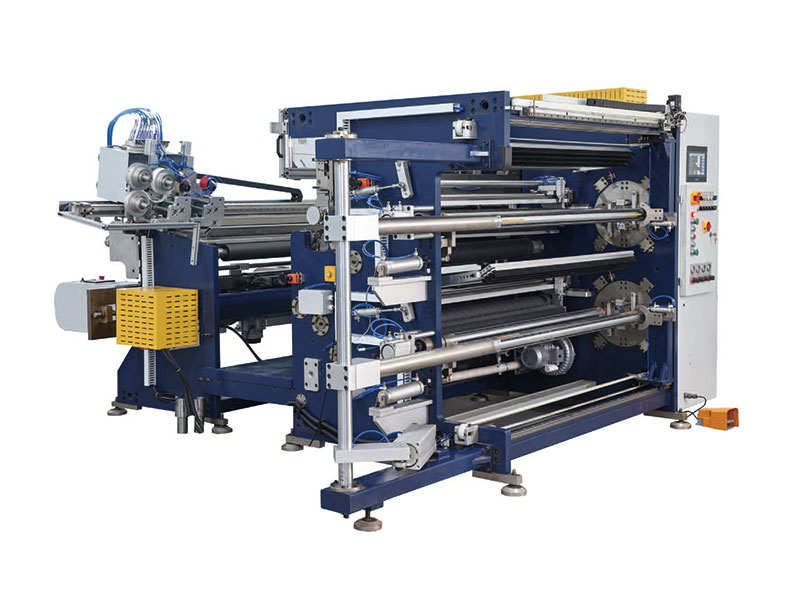 1350mm Bopp Film Slitting Machine
1350mm Bopp Film Slitting Machine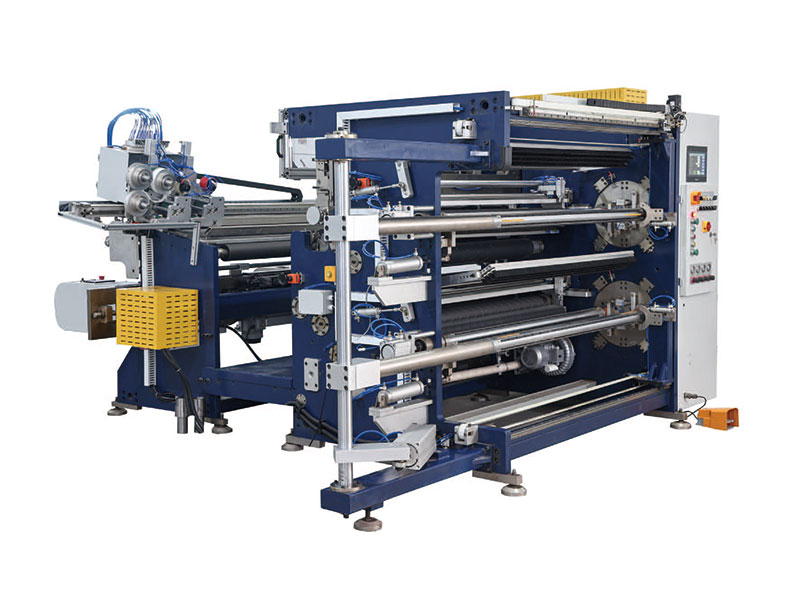 1350mm PVC Film Slitting Machine
1350mm PVC Film Slitting Machine


